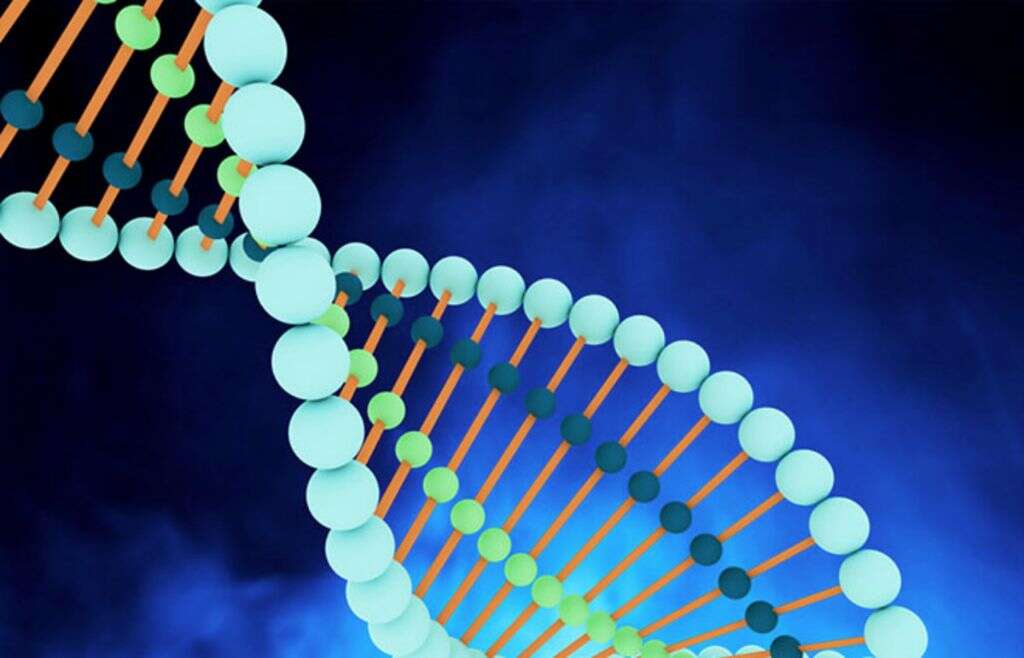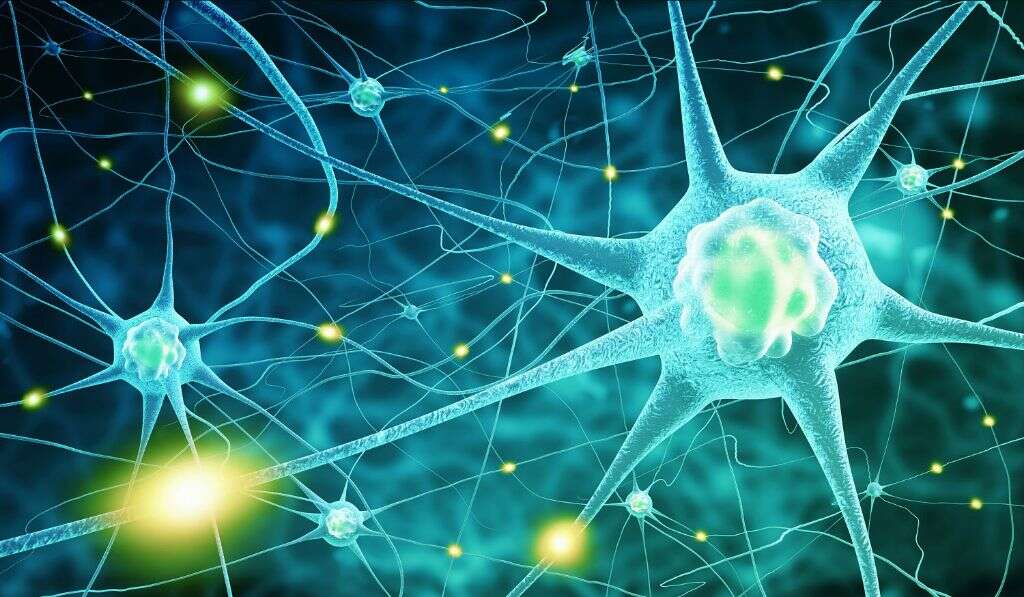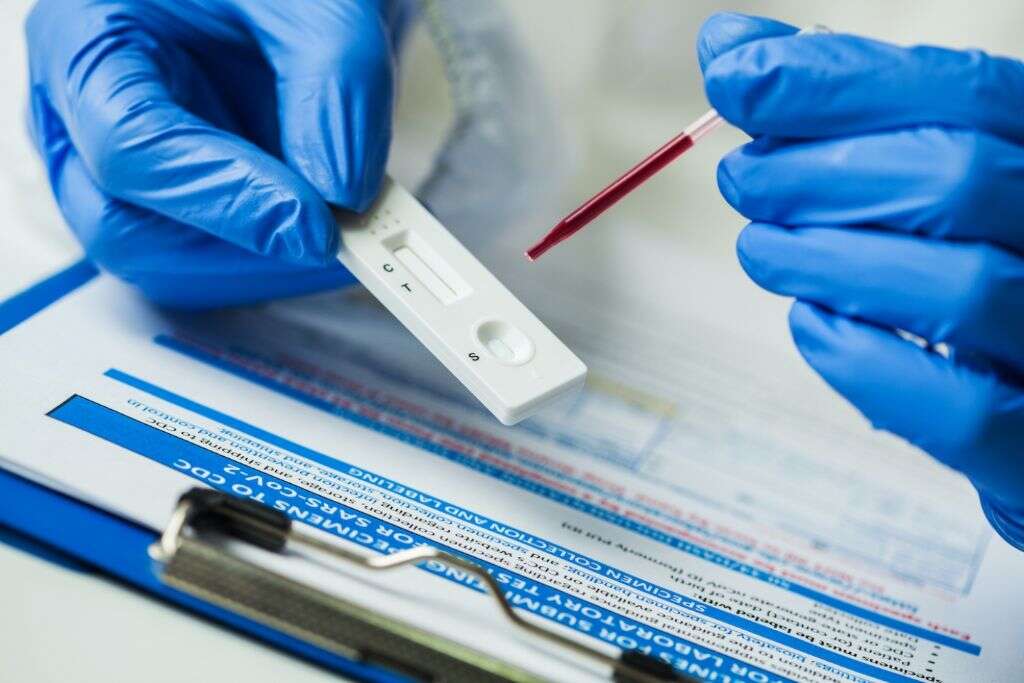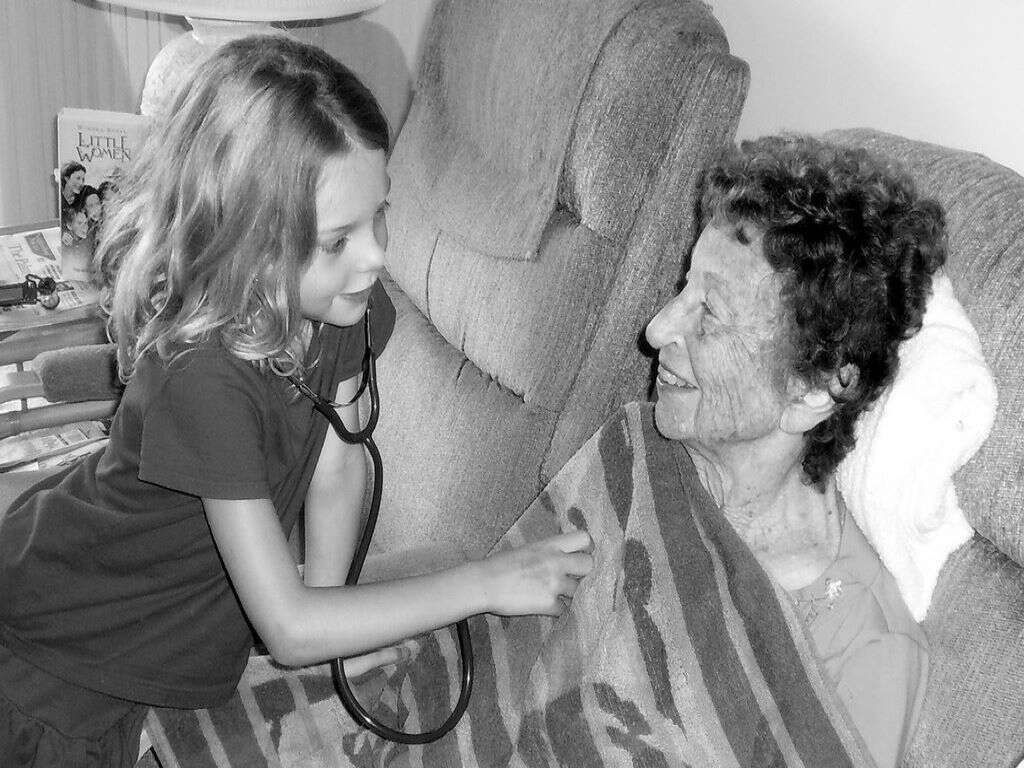What Is Hashimoto's Disease?
The thyroid gland is a gland that is located at the base of our neck at the front. We don’t usually notice it is there but still it performs a very important function in our body. This function is that it produces and secretes hormones that are very important for the running of our body.
These hormones play an essential role in numerous aspects of how our bodies operate on a day to day basis. If there was a problem with these hormones then we will likely experience various unwelcome symptoms. There are numerous reasons why this can happen, one of which is Hashimoto’s disease.

1. Hashimoto’s Disease
Hashimoto’s disease is a type of autoimmune condition that affects the thyroid gland. This means that the gland is being attacked by the same immune system that is supposed to be protecting it. It is not well understood why it happens as is the case with other varieties of autoimmune condition.
Hashimoto’s disease can cause the thyroid gland to become inflamed in a condition known as chronic lymphocytic thyroiditis. The disease can also cause hypothyroidism, which means that the thyroid gland is not producing enough hormones. This, in turn, can result in a number of unwelcome symptoms for the patient.

2. Causes
As mentioned, the exact cause of Hashimoto’s disease is not at all well understood even by experts in the field. However, there are some factors that are suspected to be behind the condition. One of these is that the condition might be the result of a genetic flaw, although this is yet to be proven to be the case.
Another potential cause is an infection by bacteria or viruses. The presence of these pathogens might trigger the immune system into a response, with the thyroid gland getting caught up in the reaction. Another potential cause includes a combination of age, sex, and heritage.

3. Symptoms
One of the first symptoms of Hashimoto’s disease is a swollen thyroid gland, which is known as a goiter. The other symptoms will gradually appear and worsen as the disease progresses and the thyroid becomes increasingly damaged. When symptoms do show they will typically include fatigue, and sensitivity to cold temperatures.
Other symptoms include constipation, weight gain, and muscle weakness. The patient can also develop stiffness, aches, pain, and tenderness in joints. A puffy face is another potential symptom as is dry, pale skin. The patient can also develop a swollen tongue, they can start losing hair, and their nails can become brittle.

4. Birth Defects
In addition to the symptoms already mentioned, Hashimoto’s disease can also cause potentially severe complications. One of these is that there is an increased risk of birth defects if the mother is pregnant and has the disease. Defects will not happen in all such cases, however.
Children born to mothers with Hashimoto’s disease are more likely to have a cleft palate, which is a deformation of the roof of the mouth. Hashimoto’s disease can also cause children to be born with physical and intellectual development problems. It is advised that any women with Hashimoto’s disease consult with a doctor if they are planning on having children.

5. Mental Health Issues
A natural balance of hormones is important for our mental well-being in addition to our physical well-being. The disease can cause the patient to develop a number of mental health problems, one of which is that they can become slower than usual mentally, and they can also have memory lapses.
Both men and women with the condition can experience a drop in libido and this has the potential to put a strain on relationships. Hashimoto’s disease will also lead to depression in some cases. Depression is itself a very dangerous condition that should be taken seriously as it may cause the patient to harbor thoughts about taking their own life.

6. Heart Complications
If Hashimoto’s disease is left untreated then the patient may develop problems with their heart. This is largely because hypothyroidism can result in high levels of unhealthy cholesterol in the blood. Unhealthy cholesterols are known for contributing to a range of heart problems and other cardiovascular complications.
Hashimoto’s disease, if left untreated, can cause the patient’s heart to become larger then normal. It can also cause heart failure, which means the patient’s heart will become less effective in its job of pumping blood around the body. The patient will likely need to manage their condition carefully for the rest of their life.

7. Myxedema
Myxedema is a rare condition that happens when Hashimoto’s disease goes untreated. It happens when the patient has undergone a long period of severe hypothyroidism. It is also a very dangerous condition and the patient’s life will be very much in danger.
Symptoms of myxedema include a low heart rate and low blood pressure. Weakness, lethargy, and a depressed mood are symptoms, among others. The condition can also progress to a myxedema crisis. This can cause symptoms that include low oxygen levels, respiratory depression, shock, coma, seizures, and death. The patient should be found assistance immediately if myxedema is suspected.

8. Risk Factors
People that are exposed to unusually high levels of radiation have an increased risk of developing Hashimoto’s disease. Thankfully, this is something that the vast majority of people are unlikely to be exposed to. There is also a higher risk of Hashimoto’s disease in people when there is a history of thyroid disease in their family.
Having other autoimmune diseases will also make somebody more likely to develop Hashimoto’s disease. Also, women are more likely to develop the condition then men are. While the disease can affect people of all ages, it is most likely to be found in people who are in their middle ages.

9. Diagnosis
Your doctor will need to know about your symptoms, your medical history, and your family’s medical history. A brief physical exam may also need to be performed. They will then need to perform tests in order to find out exactly what the cause of your symptoms is.
Tests include an antibody test, which will help experts to look for signs of antibodies that are responsible for Hashimoto’s disease. However, a negative test will not necessarily mean that Hashimoto’s disease is not the cause. Another test can also be performed that will help experts check the levels of hormones in your blood.

10. Treatment
Hashimoto’s disease is typically achieved with help of medication. This includes the use of synthetic hormones that do the same task as the natural hormones they are designed to replace. It is important that the right dosage is used because too much of the synthetic hormone can itself result in some rather unwelcome symptoms.
Some people might need different combinations of synthetic hormones in other for their symptoms to be cured.
Once the dosage is set, your hormone levels will still need to be monitored every year to help ensure the balance is correct. Complications like heart failure will also need to be treated, and this can involve medication, and having the patient make lifestyle changes.










